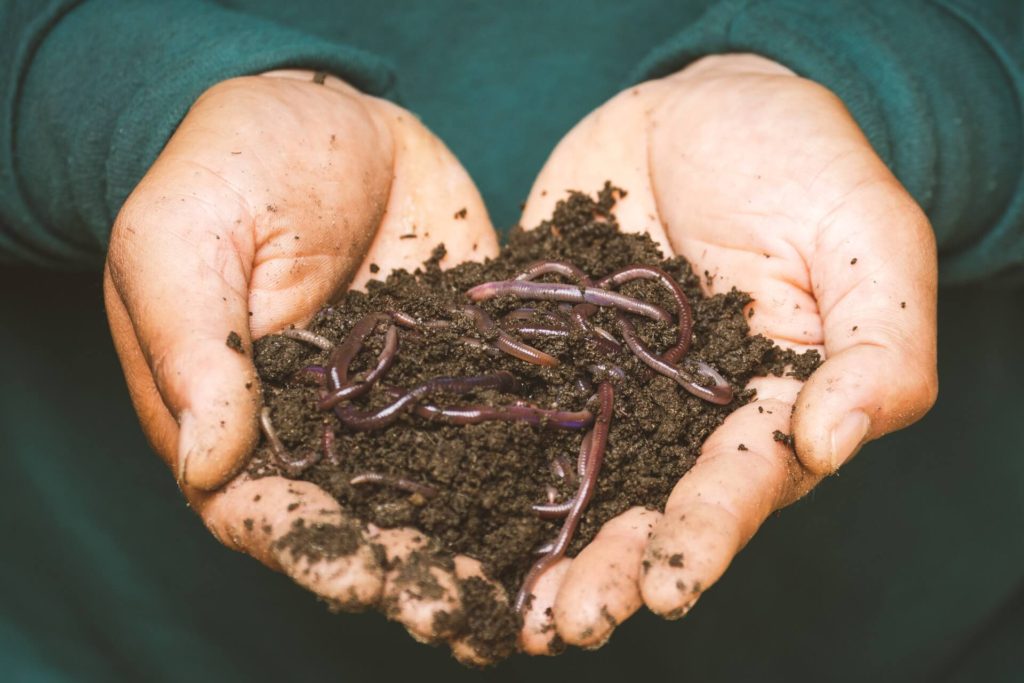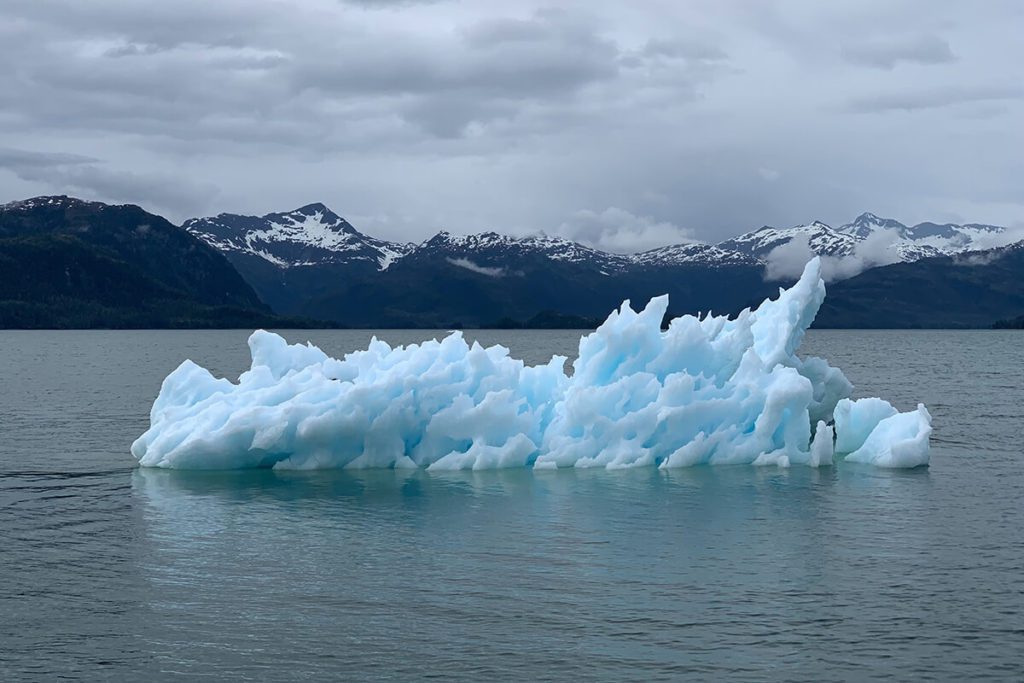Oceans
Water covers over 70% of the planet’s surface.
The role it plays in maintaining Earth as a liveable habitat cannot be overstated: it regulates global temperatures, and is the major driving force of weather everywhere. As our emissions raise air temperatures, the oceans get hotter too, and are less able to regulate earth’s temperature- a deadly, self-accelerating loop.
We know far more about Mars than we do about the water around us; estimates say that so far, we know of only 10% of the species that live within the seas. It follows then, that we can’t accurately guess the size of the devastation caused by loss of those species. Staggeringly however, among the relatively tiny 10 percent that we know of are:
- phytoplankton, one of the planet’s most important producers of oxygen;
- krill, hugely important in removing carbon from the atmosphere;
- literally all the marine species which the human diet depends on.
All these life forms are already in grave danger. Rising temperatures caused by greenhouse gases are a huge factor, as is pollution from industry, but the overwhelming culprit for this is overfishing. The beautiful thing is this: the sheer scale of the ocean also means that the solution is simple. But more than any other issue, it’s fate depends on human cooperation- worldwide.
The facts
Over 90% of predatory species like cod and tuna have already been caught.
Many more fish species are already on the point of collapse, and in about 26 years, we’re on track to have NO fish left in the sea- at all. In just 26 years.
Coral reefs, home to 25% of known marine species, have declined by half since 1950
They’re vital for protecting our coastal communities from shoreline erosion, and their annual global economic value has been estimated at anywhere from US$2.7 trillion to US$9.9 trillion. This is mostly thanks to brutally indiscriminate industrial fishing methods, which kill countless other species and habitats in their wake.
Around 9 million tonnes of fish caught were discarded in 2021 alone.
As if the overfishing itself and collateral damage caused by scraping the ocean floor weren’t enough, a huge amount of the fish caught is not even deemed suitable to sell and is simply thrown, dead, back into the water.
Only 1% of all international waters are protected in any form.
Here’s the kicker: most of our ocean lies beyond the boundaries of any one country, which means preserving these areas needs unprecedented international co-operation. Scientists say that we need to protect at the absolute least, 30% of our oceans by 2030.
The solution
The United Nations are currently discussing a Global Ocean Treaty, which will enable the creation of ocean sanctuaries, all over the world. These will serve like national parks but at sea, protecting oceans from industrial fishing, drilling and mining. They won’t stop greenhouse gases from raising sea temperatures, but they will give marine life the breathing space to cope with these changes and allow fish stocks to recover.
This unprecedented plan has the potential to make a huge impact, but it’s taking too long- the world needs to make this a priority.
Sign Greenpeace’s petition to the UK government to push for faster change, and send the link to everyone you know to do the same. There’s no time to waste.
Our blue planet is under threat
From overfishing and climate change and, to deep sea mining and plastics – the threats facing our world’s oceans are growing bigger and more urgent day by day.
Our oceans sustain all life on Earth – now they need us to protect them. Add your name to Greenpeace‘s petition to support ocean sanctuaries and protect the oceans.


